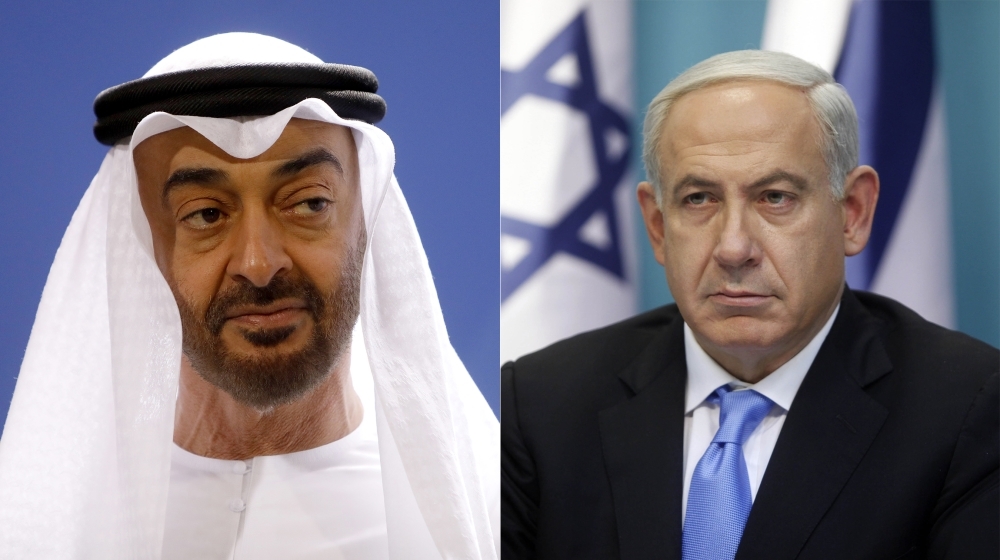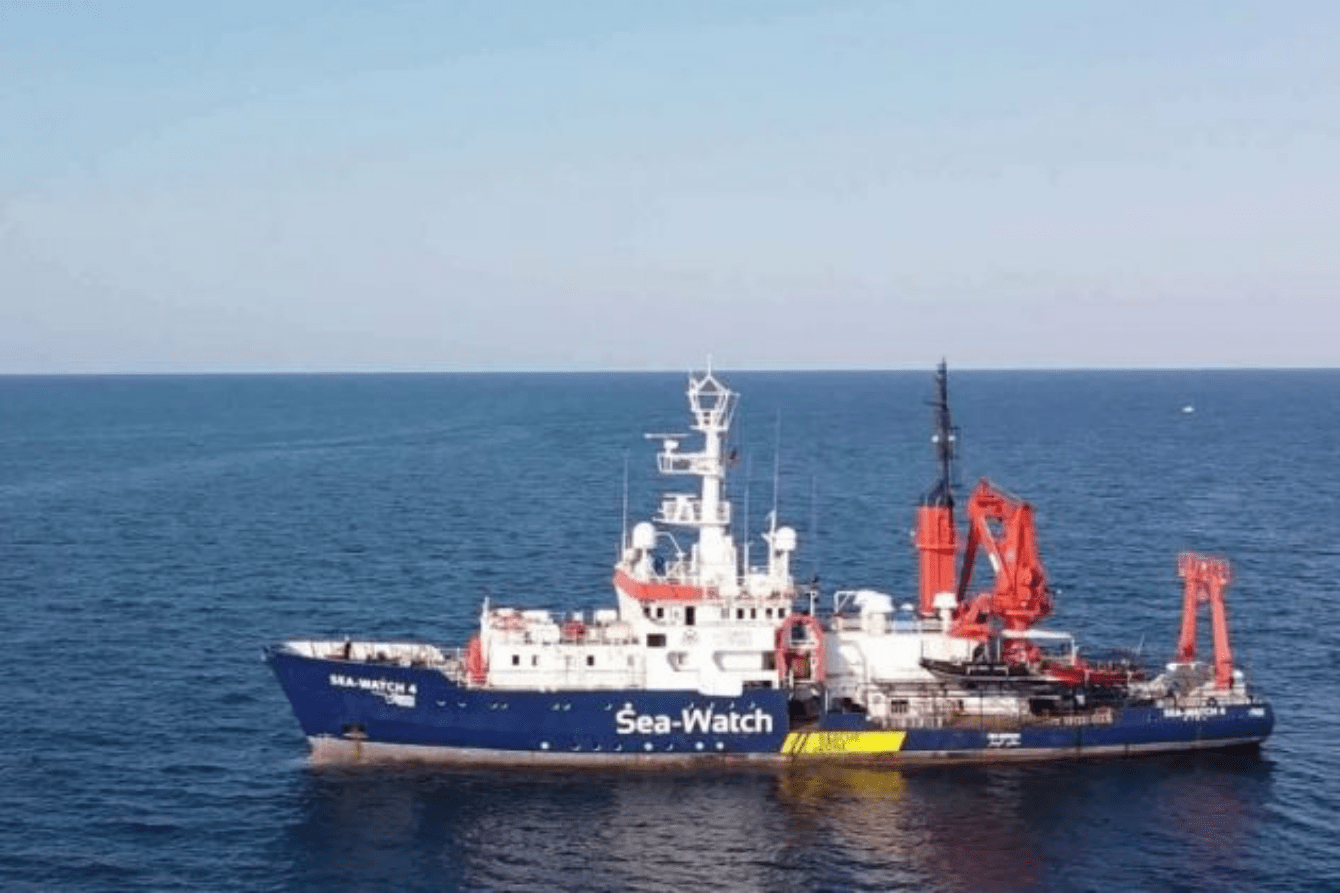Originally from Haiti, Dr. Bélizaire has been working in the humanitarian field since graduating in medicine and, in 2015, began supporting the effort to slow the spread of Ebola in the Democratic Republic of Congo (DRC). This year, WHO sent her to CAR, to set up the Organization’s COVID-19 response in the country.
Dr. Bélizaire shares her story as part of the #RealLifeHeroes campaign, by the UN Office for the Coordination of Humanitarian Affairs (OCHA), ahead of this year’s World Humanitarian Day.
Building trust
“I chose community medicine because I want to be with, and work with, the community. The best thing we can do for communities is to prevent them from having to be healed, by keeping them healthy. Everything can be prevented at the basic level.
I went to Cuba and saw how medicine is developed at the family and community level. Doctors live in their communities, and they know every single thing about their people’s health and illnesses. When you are with the community, you are sitting down, listening to them tell you how they feel. In DRC, during the Ebola response, I went to Mai-Mai (community-based militia) villages. I sat down and ate with them: if you eat with them, they will trust you.
It was very difficult to build that trust in the beginning. They don’t trust foreigners. They have bigger problems than Ebola. I asked colleagues to identify who has influence and which groups we should work with. We worked with motorcycle drivers, women’s , travel and patients’ associations, and sex workers. We left no one behind, because we wanted everyone involved. We showed them how to develop projects and be part of society and how they could work with, and not against, the government. We aimed for solidarity and unity.
Katwa, in Butembo City was one of the worst-affected by Ebola. The officials initially thought we were there just to earn money. But once they believed what in what we were doing, they decided to help us, and they convinced the community to listen.
Lessons learned
There are a number of lessons that you can apply from the Ebola response in DRC to the COVID response in CAR.
First, the community has to be at the centre of any response. You have to work with them at the very early stages, and at every stage thereafter. Second, you need to take a win-win strategy. That means that you’re not only trying to end the Ebola or COVID outbreak, you need to focus on what comes next. What will they have after the disease is over? We need to respond to their basic needs.
Third, contact tracing is crucial. It is complicated, because people can be exposed to COVID multiple times, so we’re not always sure who is the source. But we are following through and finding sources. It has been a learning curve for this community. We trained 16,000 people in the North Kivu region of DRC, and we now have a chance to build a system like that here.
Building trust amidst insecurity
With Ebola, the difficulty was access to the community, because of insecurity or because groups would not let us in, and also because of terrible roads.
CAR is similar to DRC in terms of insecurity. Here we have a health crisis in the middle of a protracted humanitarian crisis.
So, the biggest challenge is coordinating our response and the lack of resources. This country is so vulnerable and the health system is so weak. We have to build a health system while dealing with an emergency. So, we’re both doing preparedness and response at the same time. It makes it very complicated.
One of the best things we’ve achieved in CAR is getting the Civil Protection Ministry involved in going door-to-door to detect people and spread awareness. That is a huge achievement as it’s really increased our capacity.
This is my mission
I love what I am doing. I always say I don’t feel like I’m working: this work is a passion for me. My passion is to work in the community. Every time I know someone is alive because of my intervention I feel fulfilled – this is what fulfils my life. This is my mission.
And it is also the mission of WHO. I work for a very wonderful institution and I embrace their mission – to save lives. I have to keep going as long as people are in need of my help. This makes me more than happy.”












